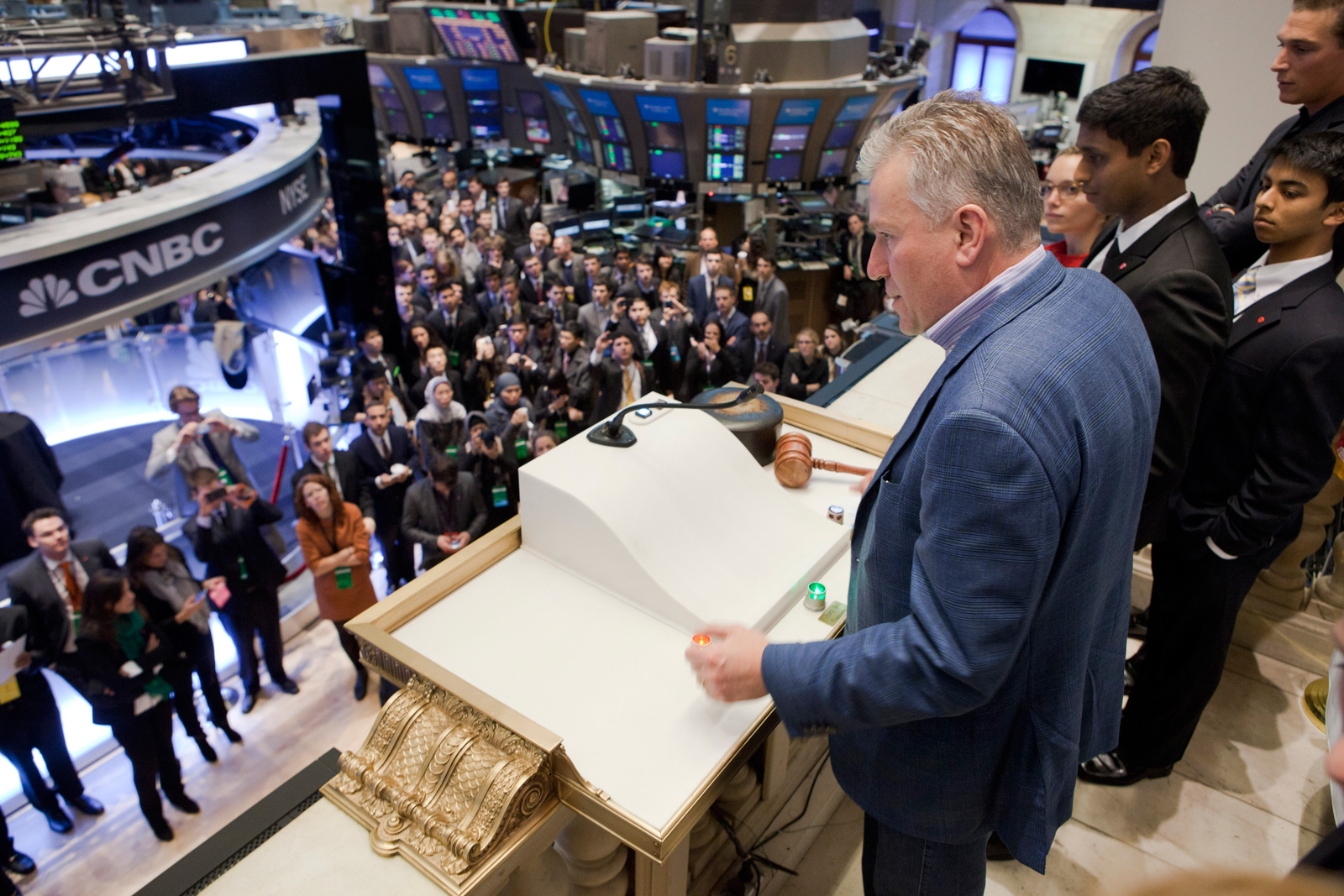Interview: Ankur Jain, Founder of Kairos Society + VP of Product at Tinder
The serial entrepreneur discusses global challenges and his strategy for the next generation to address them

From the Innovation Board of the X-Prize Foundation to the World Economic Forum’s select group of Young Global Leaders, Ankur Jain has proven to be more than a serial entrepreneur with an understanding of tech needs. In 2014, we spoke with Jain to discuss Humin, a contact aggregating app that allowed for seamless communication across many forms of smartphone communication. When Tinder acquired Humin, Jain (the app’s co-founder and CEO) was brought on as Vice President of Product at a time when everyone was swipe crazy. All the while, he was spearheading the Kairos Society with partners Alex Fiance and Ryan Bloomer. Since its inception eight years ago, Kairos has acted as a venture capital fund and incubator for young talent. Their system isn’t like any other, however. Kairos aims to identify where socio-political and economic breakdowns occur globally—and find solutions. This week Jain will host a very rare Kairos Global Summit (with the likes of John Sculley, Vicente Fox, Joseph Gordon-Levitt and Russell Simmons present) and, in an uncommon twist, it will be the established leaders pitching the next generation.

“We are not in the events business,” Jain explains to CH. “Last time I did something like this was four years ago. It was put together in response to what’s happening in the White House and with the current administration.” Jain specifically mentions chronic disease prevention, healthcare, retirement and aging as focuses at present. “Today some of the biggest societal problems are the areas where we have expected government involvement,” he continues, “and they haven’t stepped up.”
Kairos Society acts as a guide on where to focus energy and where to rethink. And their system is bafflingly simple but unexpected. “We have actually created this unique relationship where government and industry leaders come to us to help identity these market failures. We partner them with young entrepreneurs that can help.” For instance, healthcare is a frequent topic of concern in the US. “We hear about chronic disease management, treatments, prescriptions—but there’s very little innovation.” Kairos Society identified that a real market failure is in prevention. One of the biggest drivers of chronic disease happens to be lack of nutrition, so Kairos Society has offered funding to products that create diet plans for consumers.

“That’s a high-level example,” Jain qualifies. “Overall, this is about young entrepreneurs turning over really old industries. Sleep is another. This wasn’t a government problem—just nobody had touched it yet. Everyone had been thinking of the mattress as a consumer product and not as a part of the entire ecosystem of sleep. All of a sudden Kairos entrepreneur Neil Parikh launched Casper and everything changed.” This was very much about a young entrepreneur rethinking an old sector and finding out where the market failure was hidden.
The Kairos foundation operates on 100 campuses in 50 countries. Here they aim to identify the talent and direct them toward big problems, and position them from either a design or technology standpoint. For international governments and giant corporations, Kairos becomes a platform. “It’s not that they don’t recognize something is wrong,” Jain continues, “It’s that they need this young, fresh talent.” The Summit is a concentrated version of this, with a cross section of industry leaders. CEOs, former Presidents and Prime Ministers will have three minutes each to pitch market failures and ask for help on new solutions, immediately.

“We want to inspire more young people to solve and rethink rather than building the next X for Y,” Jain makes clear. But there are a few key elements at play beyond pinpointing market failure. Kairos aims to help get their talent additional capital and growth, beyond seed and series A funding. Throughout the development process, they also encourage engineers to build products for a global society—not just for use by the folks of Silicon Valley. Clearly there has been success. The top 25 Kairos companies have raised over $550 million and have a collective value over $3 billion. In additional to Casper and Periscope, Kairos entrepreneurs are tackling social security, the publishing industry, retail and more. Broken industries are being considered and fixed.
Images courtesy of Kairos Society












